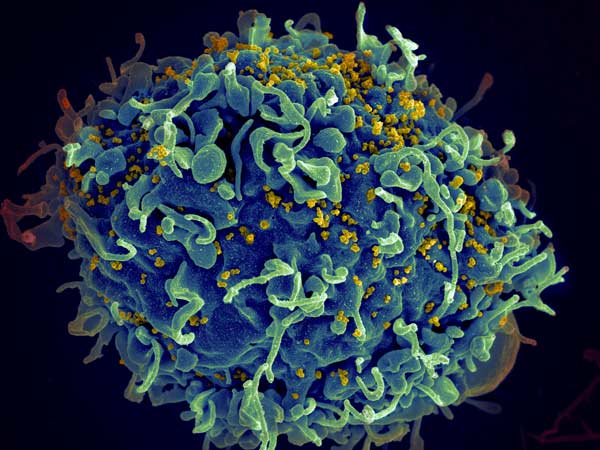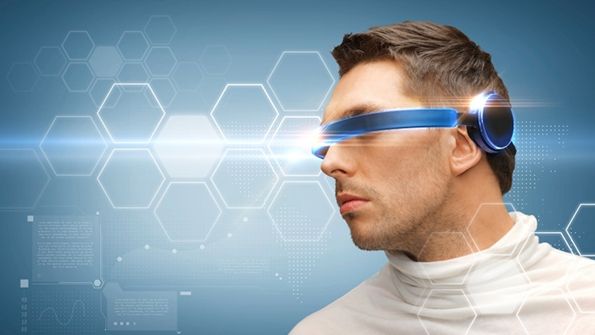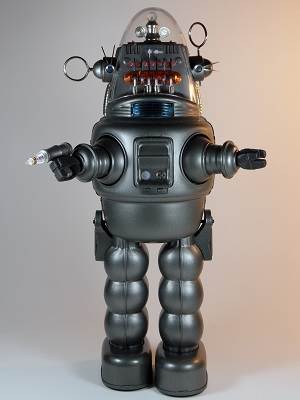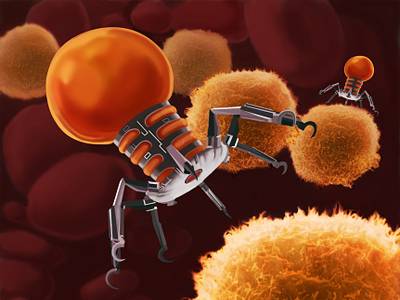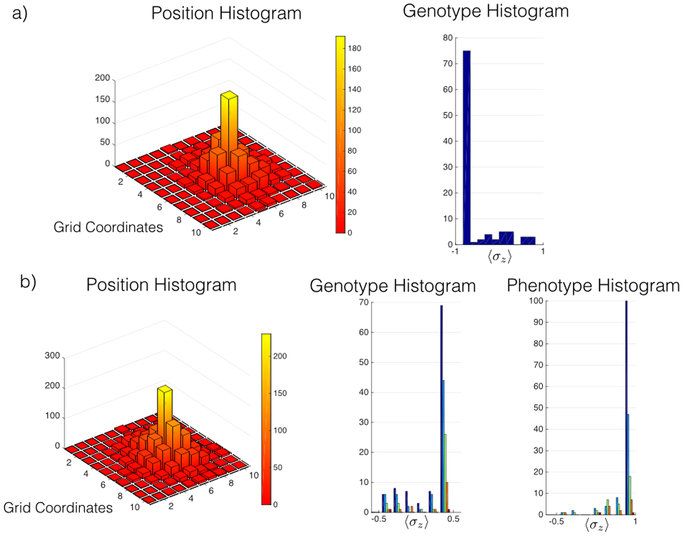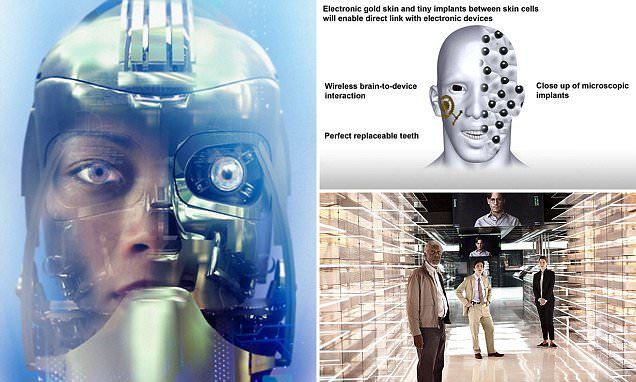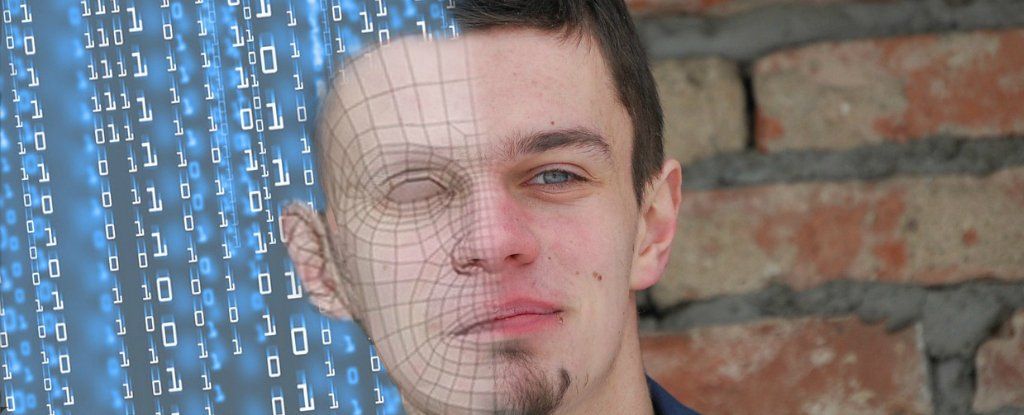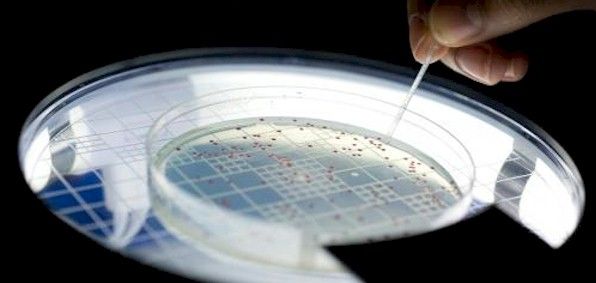Thanks to the cocktail of drugs that make up antiretroviral therapy, HIV is no longer a death sentence. But there are downsides to antiretroviral therapy—taking the treatment for many years is expensive, increases drug resistance, and could cause adverse reactions in a patient. And, because the virus stays in reservoirs in the body, the disease can continue to progress in patients if they stop taking their medication.
Now a team of German researchers has found an enzyme that can “cut” the viral DNA out of a cell’s genetic code, which could eradicate the virus from a patient’s body altogether. The proof-of-concept study, published this week in Nature Biotechnology and reported by Ars Technica, was done in mice, but the researchers believe that their conclusions show that this DNA-snipping enzyme could be used in clinical practice. And if it can cut HIV’s genetic code out of a patient’s body, the technique could be a cure for the disease.
The researchers created the DNA-snipping enzyme called Brec1 using directed evolution, an engineering technique that mimics proteins’ natural evolution process. They programmed the enzyme to cut DNA on either side of a sequence characteristic of HIV—a difficult task since the DNA of organisms and of the virus itself mutates often. Still, the researchers identified a well-conserved sequence, then they tested how reliably the enzyme could snip out that sequence in cells taken from HIV-positive patients, in bacteria, and in mice infected with the human form of HIV. After a number of tweaks, Brec1 would cut only that sequence of DNA, patching up the cell’s genetic code once the HIV sequence was cleaved out. After 21 weeks, the cells treated with Brec1 showed no signs of HIV.
